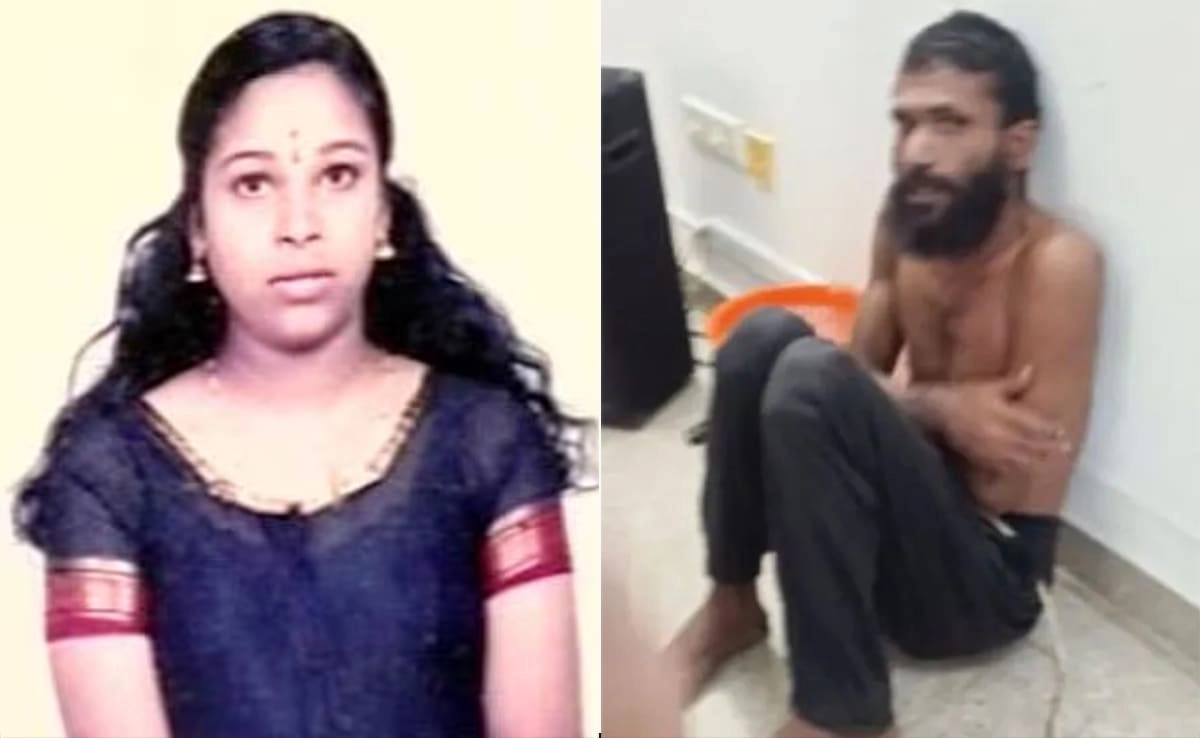The 2011 Soumya case is a harrowing tale that highlights the dark realities of crime and justice in society. It revolves around the gruesome events surrounding the brutal rape and murder of a 23-year-old woman named Soumya, who became an emblem of the fight against gender violence in India. Soumya was a young woman with dreams and aspirations, but her life was tragically cut short by a man who had previously escaped from jail. This individual, who had a history of criminal behavior, committed an act that shocked the nation and raised serious questions about public safety and the effectiveness of the justice system.
On the fateful day of the incident, Soumya was traveling on a train when she encountered the man who would change her life forever. He attacked her in a horrific manner, subjecting her to unimaginable violence. The brutality of the crime and the subsequent investigation brought to light numerous systemic failures within law enforcement and the legal framework designed to protect women. The case ignited widespread outrage and protests, with citizens demanding stricter laws and better mechanisms to ensure the safety of women in public spaces.
The aftermath of the Soumya case saw significant media attention and a societal reckoning regarding the treatment of women and the prevalence of violence against them. It served as a catalyst for change, prompting discussions about the need for more robust legal protections and the importance of addressing the root causes of gender-based violence. Activists and organizations rallied together, calling for reforms that would not only seek justice for victims like Soumya but also work towards creating a safer environment for all women. The legacy of this tragic case continues to resonate, reminding society of the urgent need to confront and combat the pervasive issues of violence and discrimination against women.




